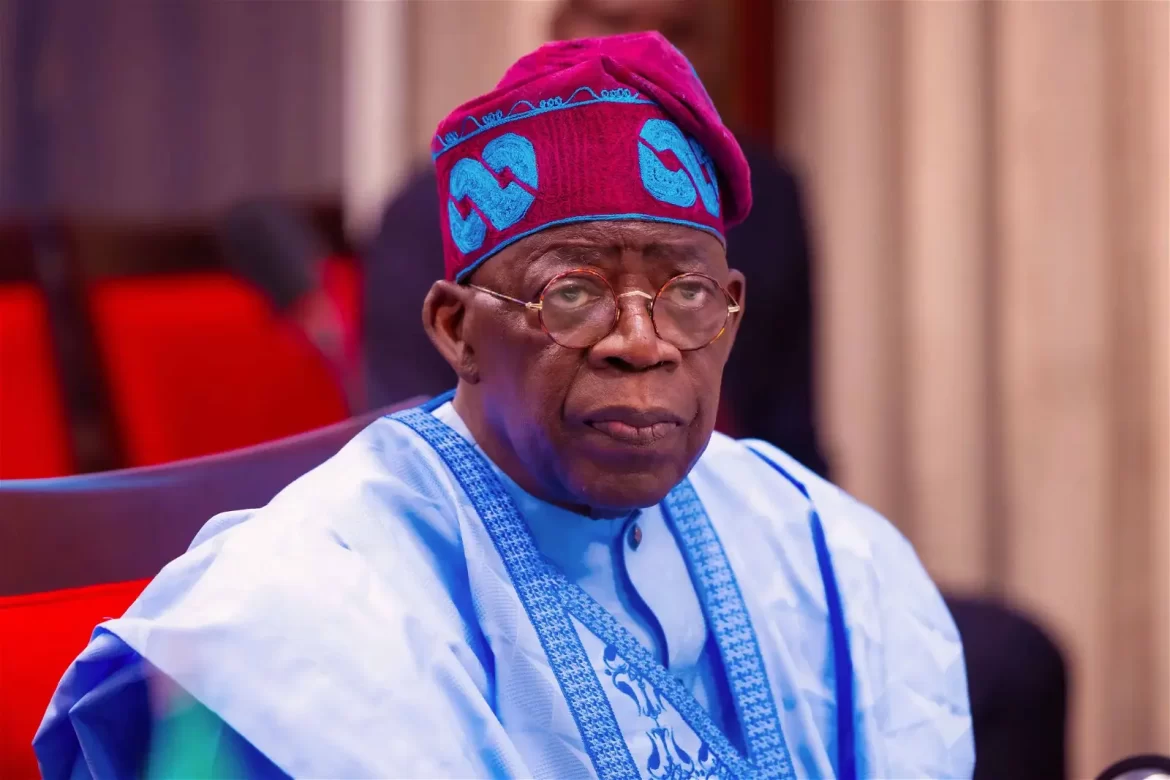488
By Tracy Moses
President Bola Tinubu on Thursday, 10th inaugurated a high-powered committee to develop Nigeria’s first National Community Engagement Framework.
This decision was taken to deepen citizen participation in governance process and bridge the gap between government and grassroots communities.
The event, held at the State House, Abuja, brought together top government officials, civil society leaders, and private sector stakeholders in what many described as a watershed moment in Nigeria’s democratic evolution.
Speaking during the ceremony, Senior Special Assistant to the President on Community Engagement (North-West), Abdullahi Yakasai described the committee as a catalyst for national unity and accountability.
“This committee embodies the spirit partnership and collective action. Progress is not the duty of government alone; it is a shared responsibility. We are at a turning point where every decision must be driven by the needs of our people,” he said.
He emphasized the urgency of reconnecting federal policies to the lived realities of Nigerians at the grassroots level.
“You are not here to talk. You are here to act. Your work will define a new chapter in Nigeria’s history, one rooted in equity, inclusion, and dialogue,” he added.
Echoing this charge, Senior Special Assistant to the President on Community Engagement (North-Central), Mrs. Abiodun Essiet urged the committee to see the assignment as a national mission rather than a routine obligation.
“This is more than a ceremonial launch, it’s a call to serve, to innovate, and to rise. The framework we develop must ensure that no voice goes unheard, no community is left behind, and every citizen is seen, valued, and empowered, ” she stressed.
She described the committee as “bridges between policy and people,” stressing that their ultimate goal is to inspire trust, create real impact, and humanize governance.
The committee, established under the direct mandate of President Tinubu, is expected to deliver a practical, measurable, and people-centered framework that fosters participatory governance, strengthens feedback mechanisms, and expands citizen engagement across all levels.
ThePermanent Secretary, State House, Temitope Fashedemi represented by ICT Director, Lukman Kilani, stressed the significance of the assignment.
“This work will touch lives in every village and city. You have our full support to make it count,” he affirmed.
Providing technical leadership to the process, CEO of Environmental Harmony Limited, Mrs. Kitan Oluwagbuyi said, “In the first two weeks, we’ll assess existing efforts, what worked, what failed, and what lessons can guide us.
“By the third week, drafting begins. Every word must reflect our collective wisdom, experience, and hope for a better Nigeria, she explained.
Among the framework’s key objectives are establishing tools for participatory governance, setting up transparent feedback channels, and strengthening the implementation of community-driven development programmes. Oluwagbuyi noted that committee members would contribute firsthand insights from their own grassroots experiences, highlighting both challenges and success stories.
The final two weeks will involve incorporating feedback from across the country, refining the document, and voting on a final version to be submitted for federal approval and nationwide implementation.
The initiative has received strong backing from stakeholders. Prof. Bello Shittu, President of the Community Development Practitioners of Nigeria, described the move as “a long-overdue reckoning with the people’s voice.”
Also lending support were Prof. Abdulhamid Ozohu-Suleiman of the University of Abuja and traditional ruler Sarkin Bwari, Auwal Musa Ijakolo II, who emphasized the cultural and democratic importance of meaningful grassroots engagement.
In her closing remarks, Essiet reminded committee members of the weight of their responsibility.
“Nigeria is counting on us. Let us move with courage, clarity, and deep conviction. This is our chance to make governance real, and to make it matter,” she noted.



